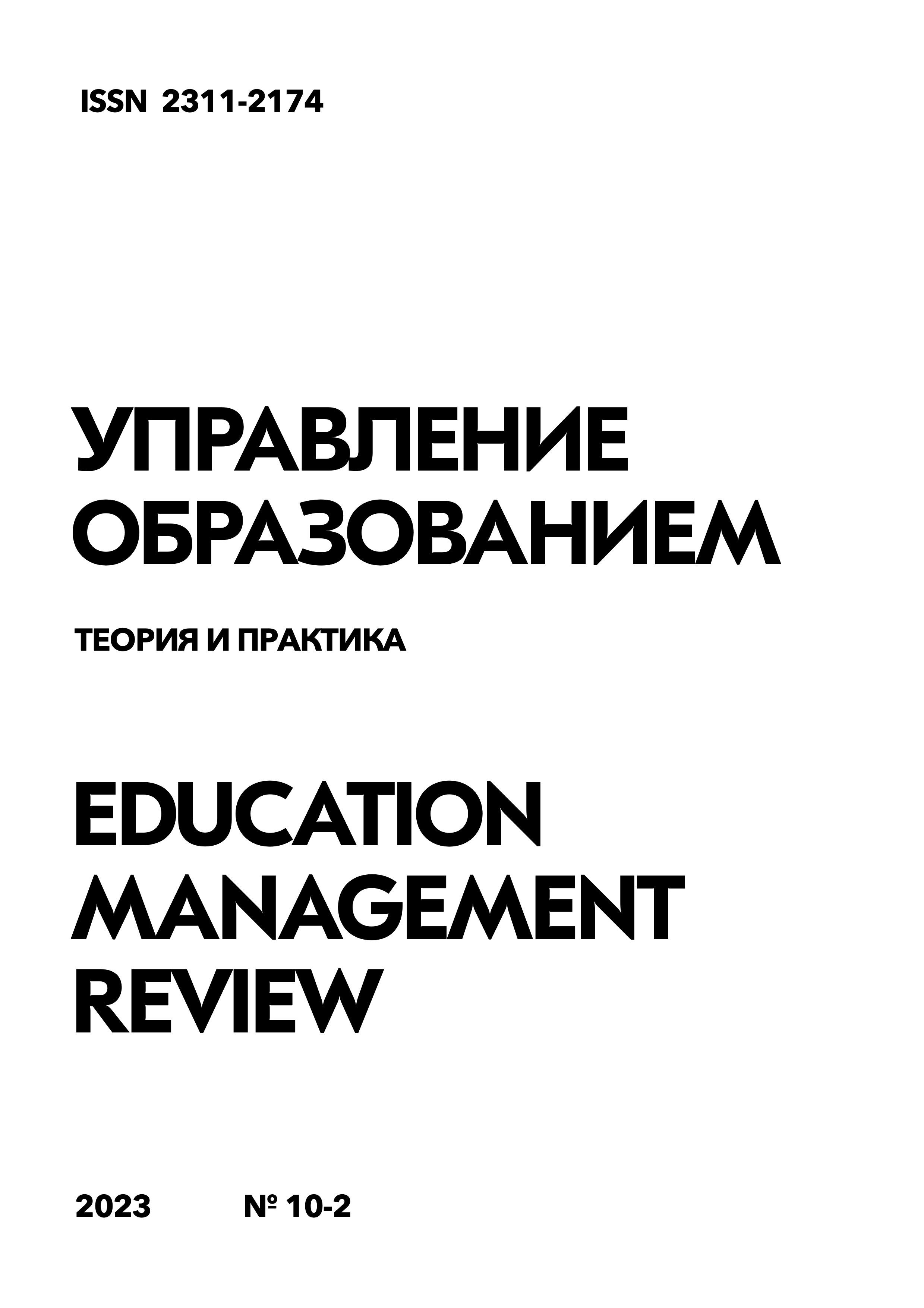The influence of the use of mnemonics on the effectiveness of learning english
DOI:
https://doi.org/10.25726/x4012-6383-4048-gKeywords:
children, primary school, mnemonics, memory, English, children's development, educationAbstract
Compulsory study of English at school becomes a challenge for many children, because in addition to the general workload, children have to spend hours memorizing new words, grammatical rules, expressions and other things, which is why children lose the desire to learn a foreign language in general. However, many studies prove the fact that learning a foreign language has a positive effect on the development of the child: it stimulates the cognitive processes of the child, such as: attention, memory, concentration and analytical thinking; it helps to develop the ability to abstract thinking, logical reasoning and creativity, and these skills, in turn, will have a direct impact on the child's success in other fields of knowledge. In this regard, the question of the need for compulsory English language learning becomes closed, but in order to interest children, various modern techniques should be used in education. One of these techniques can be mnemonics, which has already proven its effectiveness in memorizing information of any size, and the memorization skill is one of the main components that affect the process of learning a foreign language. The problem of memory in the framework of learning English is particularly relevant, therefore, this article discusses mnemonics as one of the main techniques that contribute to the rapid and effective learning of English among elementary school children. It is worth noting that learning a foreign language using mnemonics gives classes a playful form and develops students' interest in the subject. The main purpose of the study is to study the theoretical and practical aspects of the influence of mnemonics on the effectiveness of learning English among younger schoolchildren.
References
Роговин М.С. Проблемы теории памяти / М.: Психология. 2010. 198 с.
Рубинштейн С.Л. Основы общей психологии / СПб.: 2007. 291 с.
Чистякова Н.А., Леонова Л.А., Лысова Ю.М. Влияние перевода и адаптации на восприятие американских мультипликационных фильмов российскими зрителями (на примере картин «Коралина в стране кошмаров» и «Девять») // Роль бизнеса в трансформации общества - 2022 : Сборник материалов XVII Международного научного конгресса, Москва, 11–15 апреля 2022 года. Москва: Московский финансово-промышленный университет "Синергия", 2022. С. 664-666. EDN LXPZXA.
Эльконин Д.Б. Детская психология / М.: Психология, 2012. 387 с.
Buzan T. Speed Memory: Forget Slow Learning and Learn Anything Faster / London: Pearson Education. 2011. 158 p.
Lamberth S. Mnemonics: The Art and Science of Memory Techniques / New York: CreateSpace Independent Publishing Platform. 2015. 180 p.
Lorayne H., & Lorayne, J. The Memory Book: The Classic Guide to Improving Your Memory at Work, at School, and at Play / New York: Ballantine Books. 1987. 600 p.




